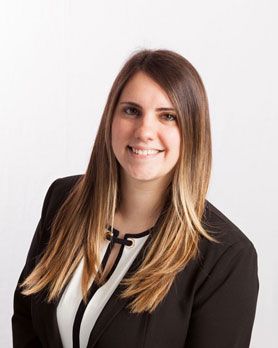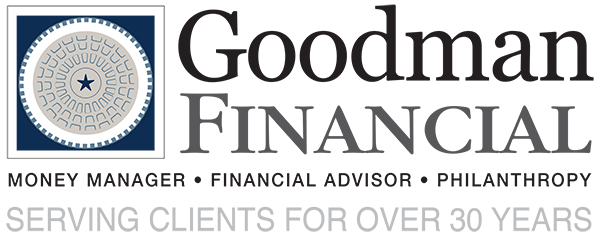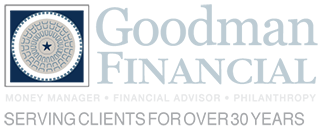Saving for Young Professionals: Journey to Financial Security
As a young professional that has landed a great job in their field, and has no idea what to do with this newfound cash flow, the situation can feel overwhelming. To help take the edge off, we’ve outlined 3 key components to personal financial planning that are especially important to young professionals looking to get on the right track for financial success.
Creating a Budget: One of the most important methods of becoming financially secure is learning how to manage your income and expenses. You do not want to reach the end of the month and realize you have no money for groceries because you overspent during a shopping spree at the mall. By creating a simple spreadsheet to track monthly income and expenses, you will gain a better understanding of how your money is being spent, and be able to adjust your spending habits. For example, your spreadsheet should include categories such as fixed expenses, savings and discretionary expenses. Websites such as Mint.com or Budgettracker.com can help you set up a budget online. When done correctly, budgeting is a great way to be in control of your finances and help you get on track to achieving your financial goals, while allowing wiggle room to do your favorite things.
Emergency Fund: Having an emergency fund helps you stay prepared for life’s unexpected moments. This consists of setting aside at least 3 to 6 months’ worth of expenses to be used only if a major financial setback should occur (e.g., losing your job, car repairs, or a major illness). It is important that these funds be easily accessible and liquid, since an emergency can happen at any time. To avoid using your emergency fund for a fabulous weekend trip with your friends, keep it in a separate savings account. Most savings accounts have a withdrawal frequency limitation to discourage taking funds from the account too often. An important tip: replenish this fund after tapping into it. Once your emergency savings has been funded, additional savings should go toward retirement and other goals.
Saving for Retirement: One major personal financial planning issue many people face is not saving enough for their retirement. It is important to start saving as early as you can. Experts advise to save 10% – 15% of your income, if possible. Don’t worry, you do not need to max out your company’s 401(k) if you cannot afford to do so. However, you should contribute at least enough to receive your company’s match, if one is offered. In addition to your 401(k), you can contribute to other retirement accounts such as an Individual Retirement Account (IRA), or Roth IRA. Start saving now, as compounding over time will allow for some serious growth. You’ll thank yourself later.
By creating a budget, setting up an emergency fund, and saving for retirement, you can feel confident you’re well on your way to financial security!
 By: Chelsea A. Bailey
By: Chelsea A. Bailey
Junior Planner/Analyst
As Junior Planner/Analyst, Chelsea’s responsibilities include preparation of client presentations and assisting the Client Service Managers in addressing client financial advisory needs, equity research, proforma investment plan preparation, and portfolio rebalancing.
 By: Anna P. Ceker
By: Anna P. Ceker
Junior Planner/Analyst
As Junior Planner/Analyst, Anna’s responsibilities include preparation of client presentations and assisting the Client Service Managers in addressing client financial advisory needs, equity research, proforma investment plan preparation, and portfolio rebalancing.



